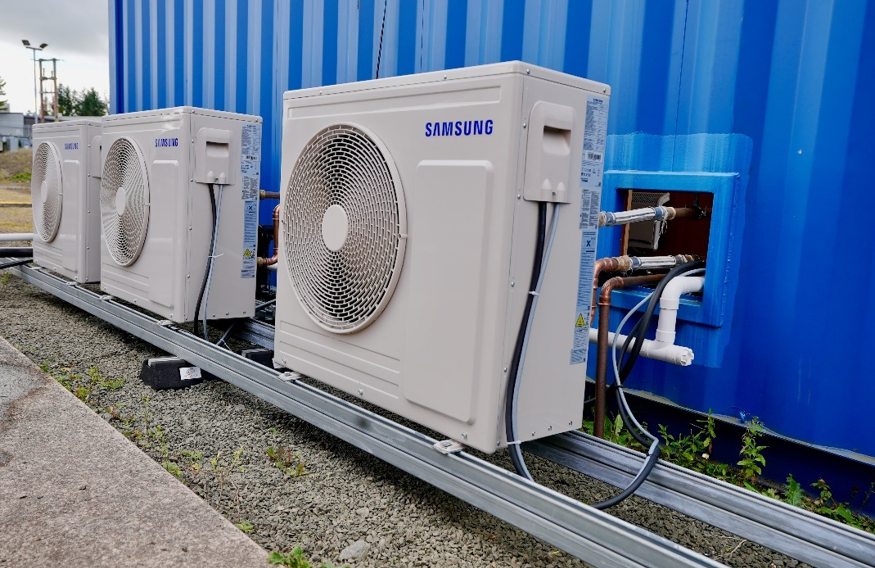New analysis from the Energy and Climate Intelligence Unit (ECIU) has found that the rise in British renewables will play a much larger role in bolstering the UK’s energy security than potential new domestic oil and gas production.
As things stand, the UK is set to become more dependent on foreign energy imports over the next five years as the North Sea’s output continues its decline. The report finds that the regulator’s (North Sea Transition Authority) own statistics show new oil and gas licences would do little to counter the rise of imported energy.
Even if new North Sea licences were to yield the maximum projected amount of oil and gas, without new clean technologies the amount of energy that we use that’s reliant on imports would be 25 per cent higher in 2030 than today – energy security would be a quarter worse by that measure.
The UK currently imports about 60 per cent of the gas. A faster shift to clean technologies would cut the UK’s exposure to volatile gas markets which have driven up energy bills over the past two years leading to taxpayers needing to subsidise them, with the government providing at least £50bn for bills and wider cost-of-living support in just one year.
Based on current trajectories, renewables and other net-zero technologies will improve the prospects for energy security, such that the amount of energy that we would use that’s reliant on imports would be just 10 per cent higher in 2030 than today, and faster uptake of renewables and insulation technologies has the potential to maintain the current level of import dependency further.
Previous ECIU analysis has found that the maximum amount of gas that could be produced by new licences per year would equate to the output of just one offshore wind farm.
© 2019 Perspective Publishing Privacy & Cookies








Recent Stories